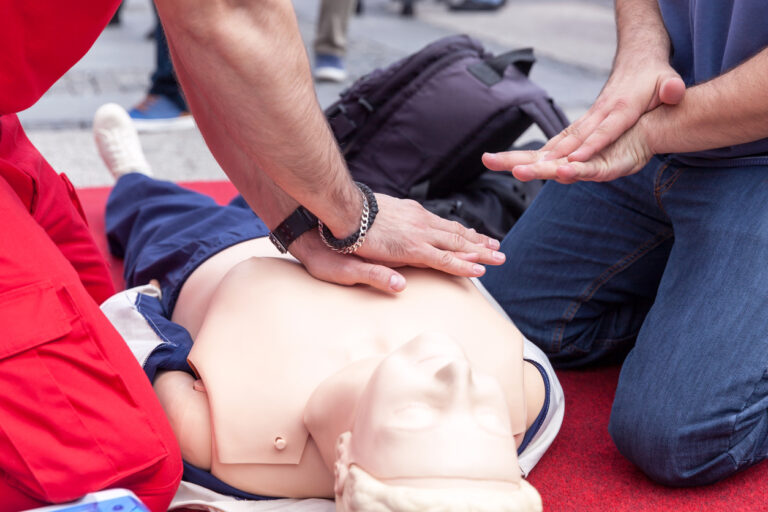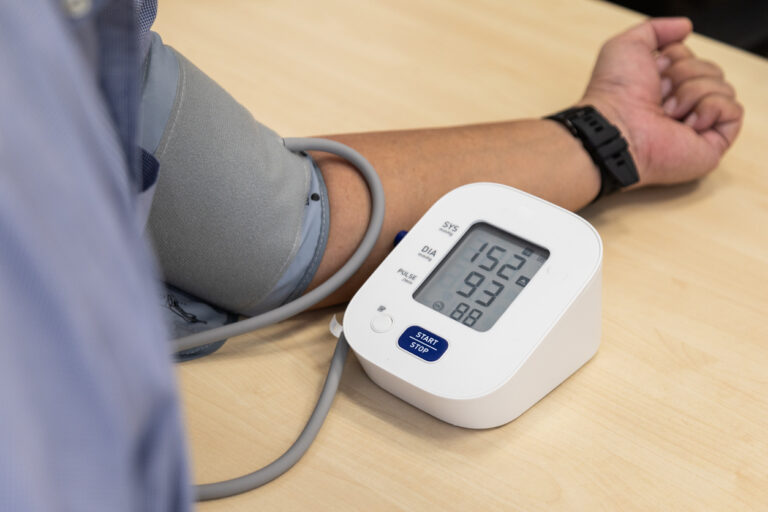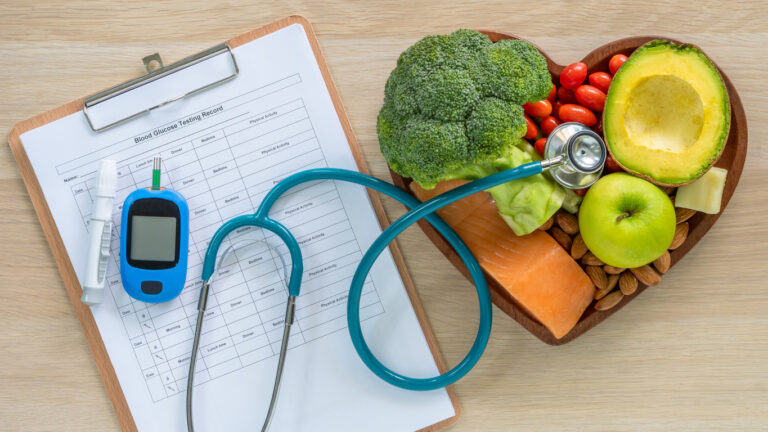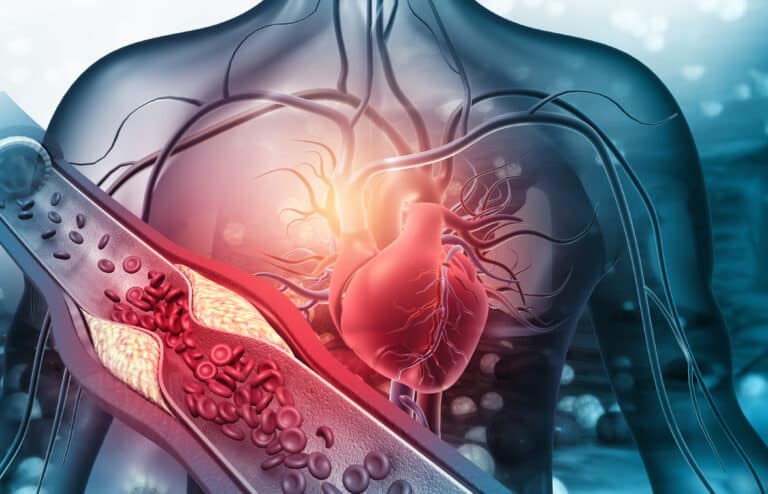
Travel insurance – don’t leave the country without it!
At the time of writing, the weather in the UK could not be better, but nonetheless thoughts are turning to the summer and well-earned holidays abroad. We all have slightly different ideas about what the “essentials” are when it comes to travel, and travel insurance isn’t always the top priority – in fact it is










